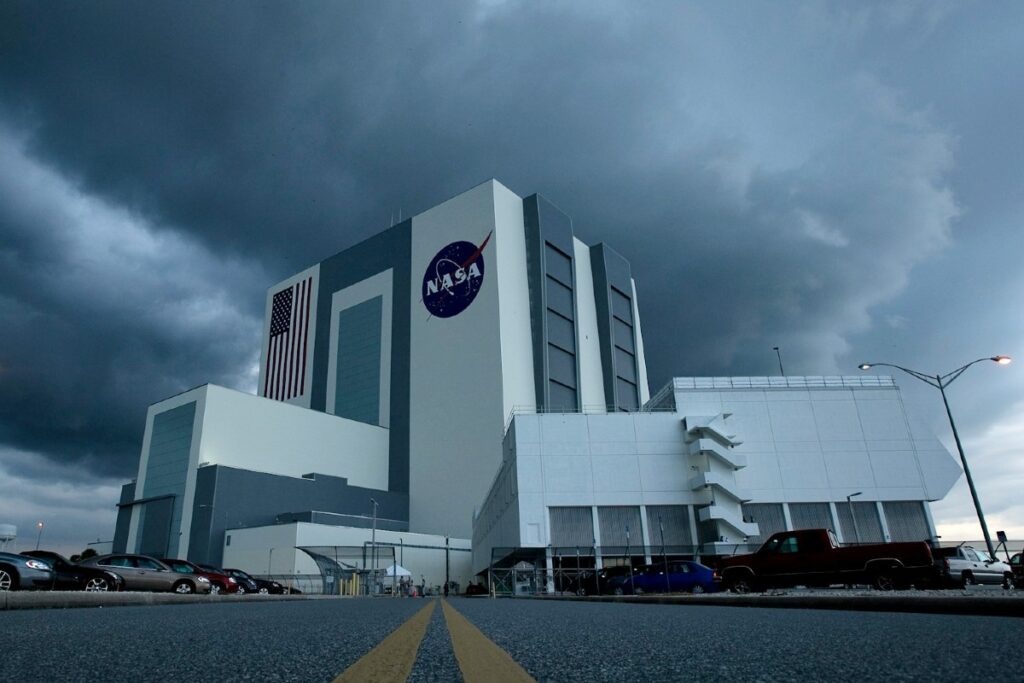“It’s like being in a room full of targets. Like you could close your eyes, and you can’t miss.” – Elon Musk (on Fox Business)
By Jack Bernard, contributing columnist
PEACHTREE CITY, Ga. | Elon Musk was referring to the Trump created Department of Government Efficiency (DOGE). And what would he tackle first? Musk is a true showman, wanting center stage. His comments reflect that fact. But I question whether he really believes what he stated.
 For DOGE to have credibility, and succeed in a narrowly split political scene, it must address budget cutting in a targeted, bipartisan, rational way. And, so far, it clearly has not. It is just slashing away with a chainsaw versus a scalpel. This disruptive lack of prioritization has shown negative public reaction in the polls.
For DOGE to have credibility, and succeed in a narrowly split political scene, it must address budget cutting in a targeted, bipartisan, rational way. And, so far, it clearly has not. It is just slashing away with a chainsaw versus a scalpel. This disruptive lack of prioritization has shown negative public reaction in the polls.
The key to DOGE being successful…which we should all hope for…is prioritizing. Musk must stop the random slashing based on his whims. He must choose an easy target which shows that he is serious and selfless, a tough issue for both Musk and his self-centered, narcissistic boss.
It is a fact that much of Musk’s wealth comes from two firms, Tesla and SpaceX, both of which rely on money coming from the federal government, directly or indirectly. So, what should DOGE examine as its priority, “numero uno” on the hit list? If Musk is serious, it should be NASA.
The federal funding for Space X, amounts to $210 billion and Musk owns 40 percent of it, is coming from NASA. which we fund. Since 2008, SpaceX has gotten $20 billion in U.S. tax dollars, including nearly $4 billion last year. Cutting funding would reverse public opinion and give Musk immediate credibility across the aisle and with the American public.
Here is what NASA says regarding its benefits to taxpayers “Dollars spent for space exploration create jobs, jumpstart businesses, and grow the economy. Our innovations improve daily life, advance medical research, support disaster response, and more.” Let’s examine their vague, idealistic statement in more detail.
Our NASA budget totals over $25 billion of our federal tax dollars. Yes, billions, not millions. That figure includes nearly $8 billion for moon exploration (Artemis), over $4 billion for items related to the International Space Station, over $1 billion for space technology (Moon to Mars), nearly $8 billion for general space exploration, and over $2 billion for research related to earth science and climate control.
What would be the negative effect of cutting NASA funding in half? NASA would say that it would cut job creation, business profits and negatively impact the economy. Undoubtedly, that is true. But it is also true for any federal cost cutting measures. And slashing NASA will have few real negative effects on our daily lives. Certainly, less than the cuts in such agencies as the Federal Aviation Administration, the National Institute of Health and the Centers for Disease Control and Prevention, that Musk is pushing.
Since resistance by GOP leadership, raising taxes on corporations and the wealthy (like Trump and Musk) is not politically feasible. Therefore, balancing the budget means spending less.
So, a rational DOGE, versus what we have now, is one way to achieve long-term U.S. deficit reduction. Deficit reduction will inevitably cause a slowdown in our economy, no matter what is cut. But NASA provides taxpayers less benefits than items like healthcare and air traffic control.










Follow Us